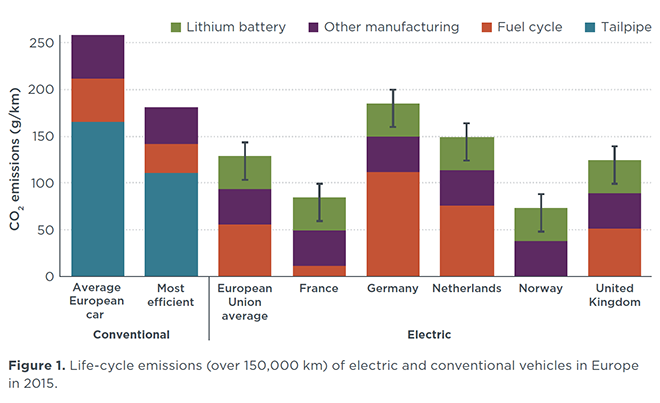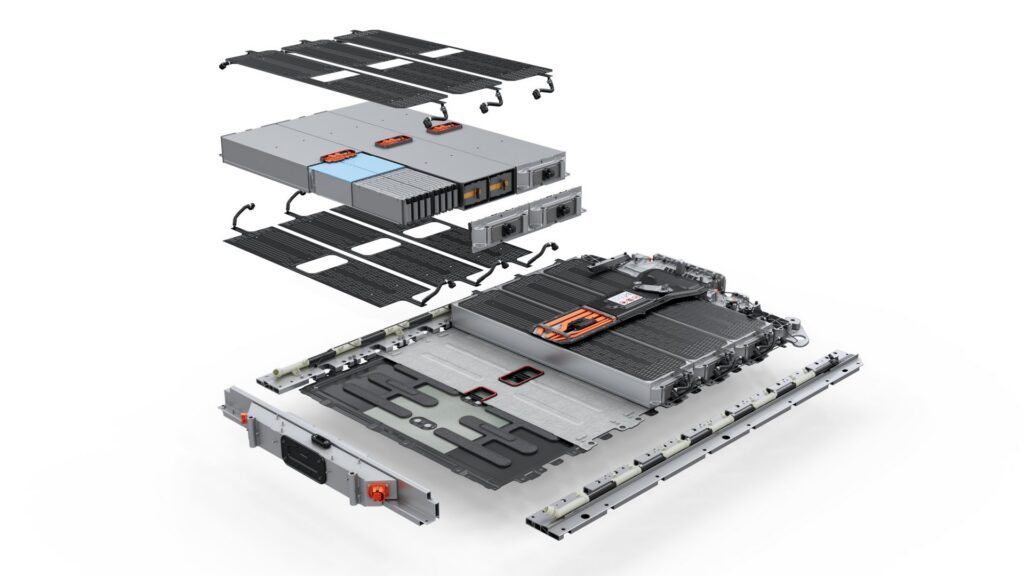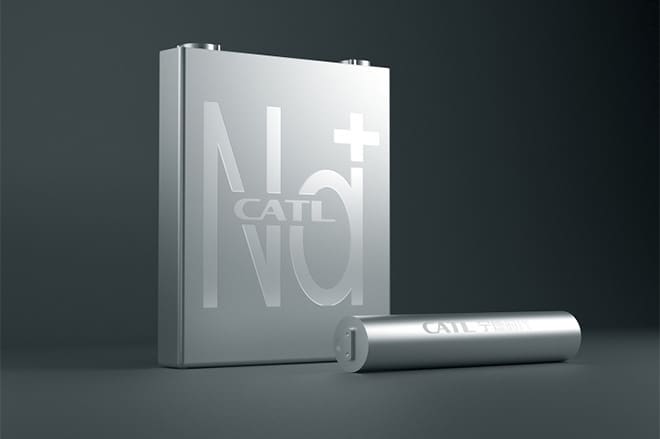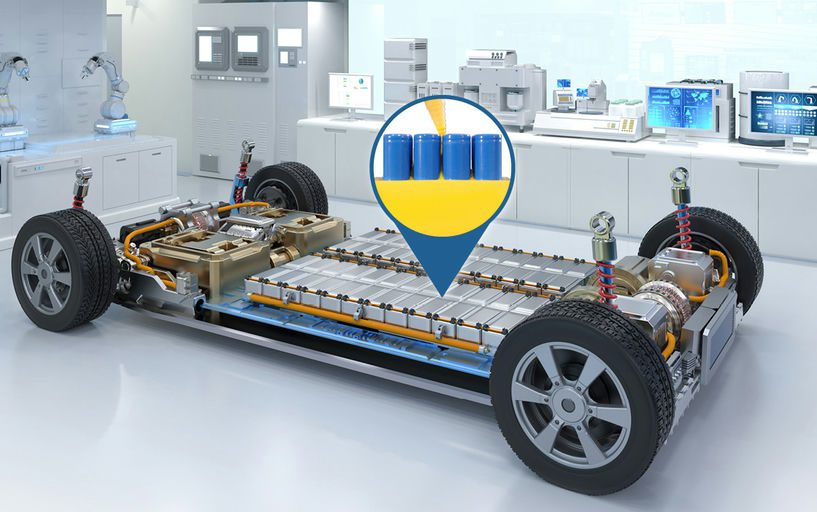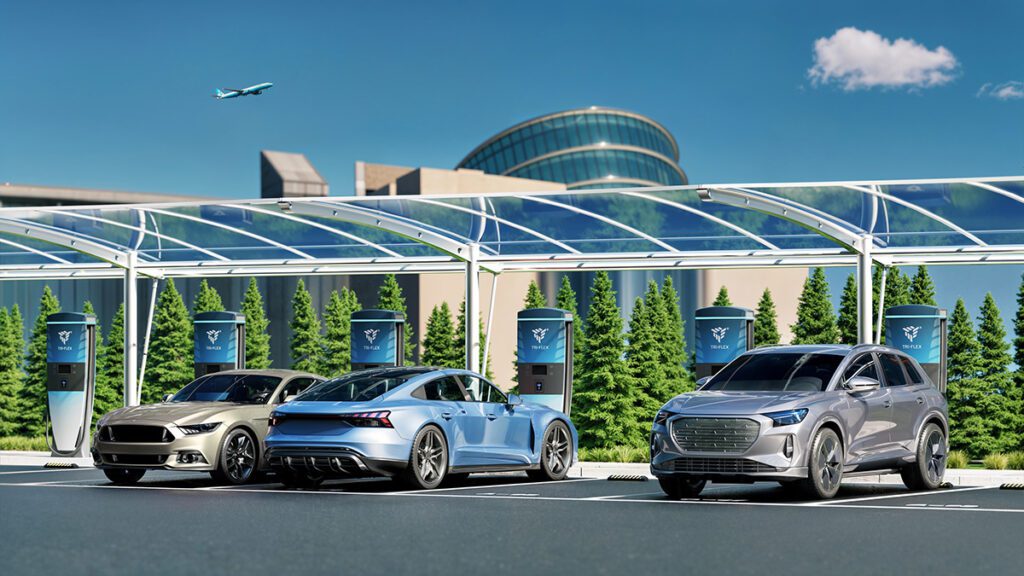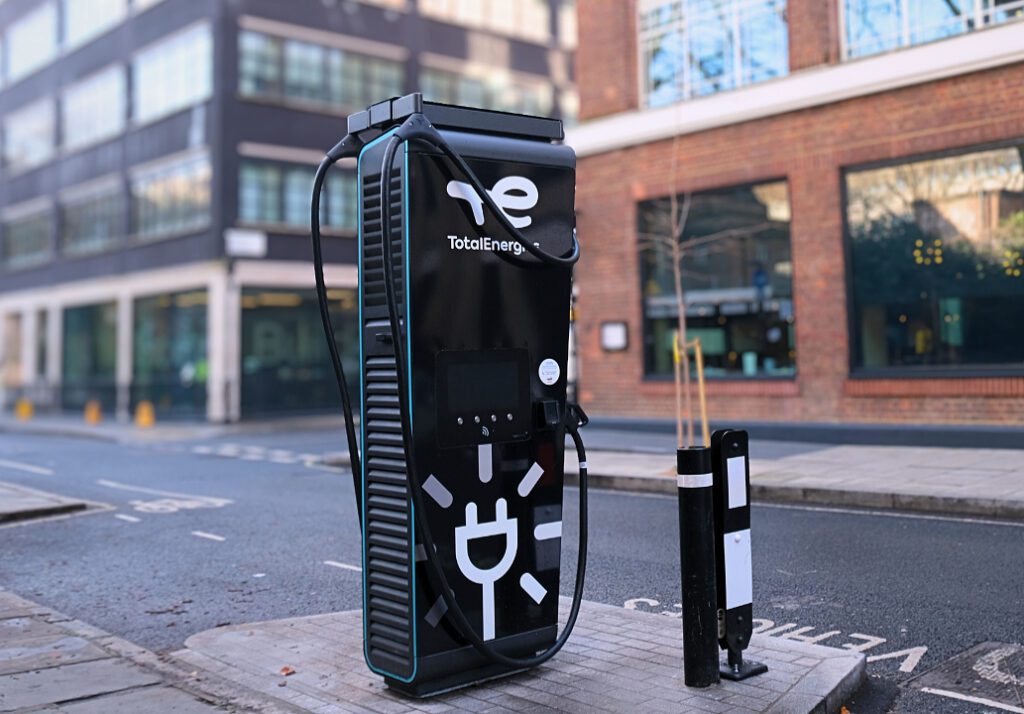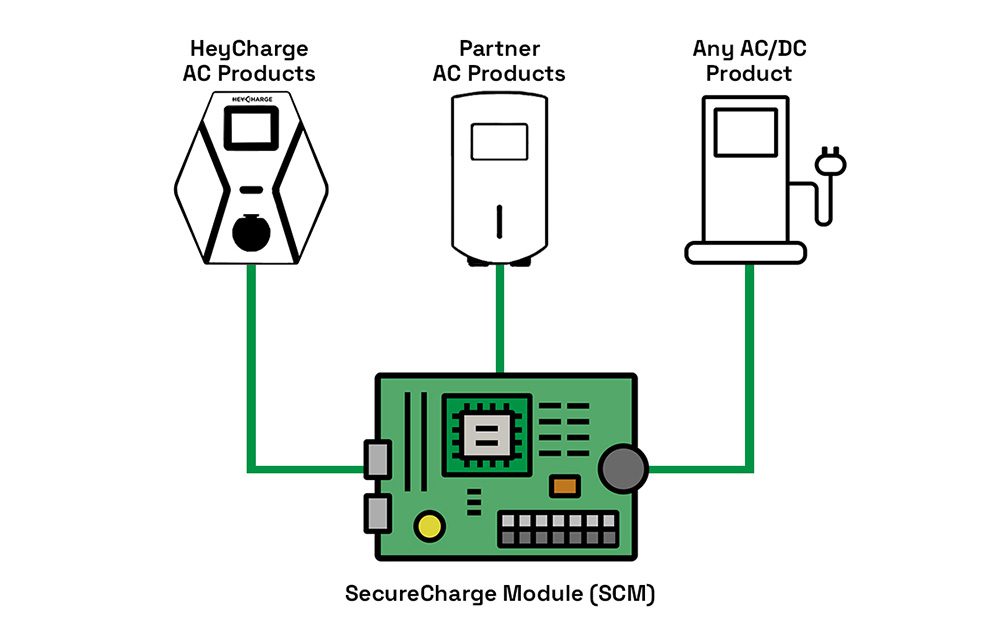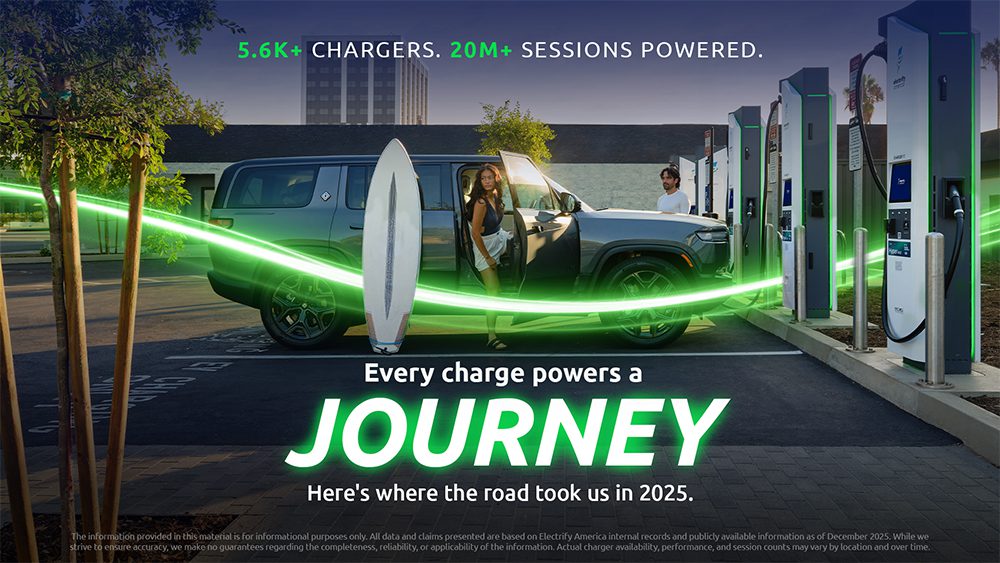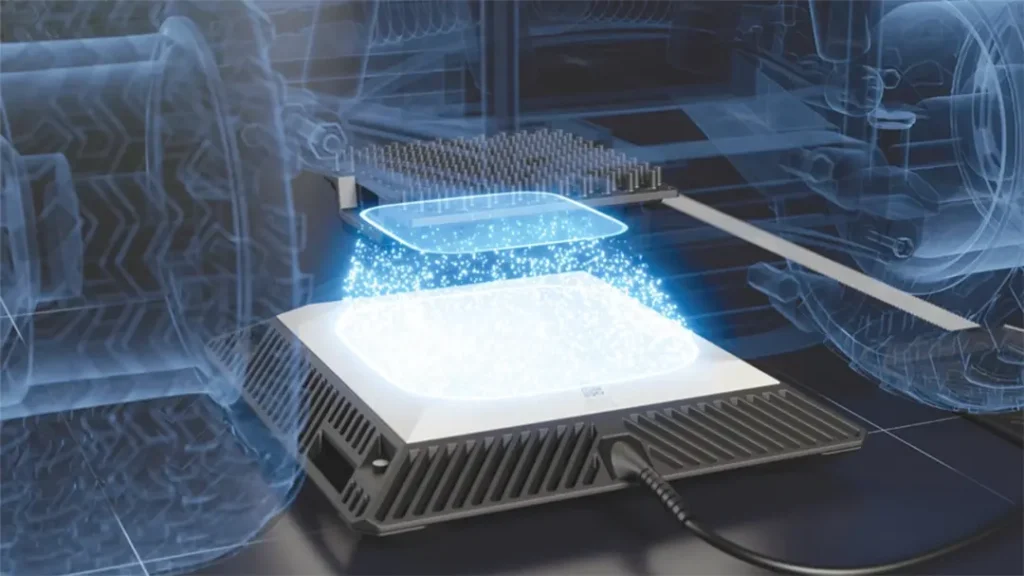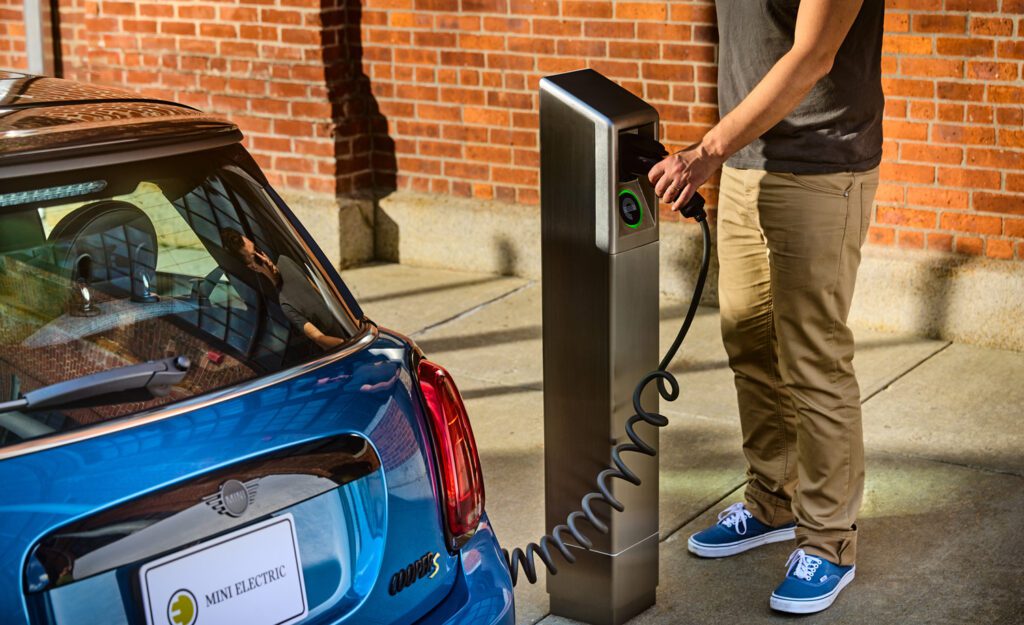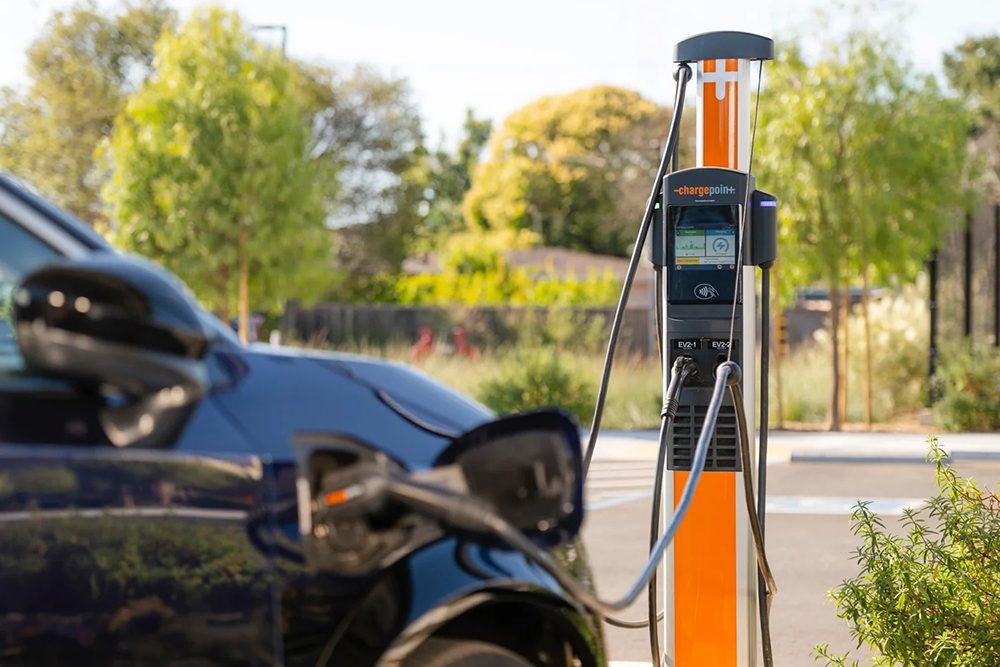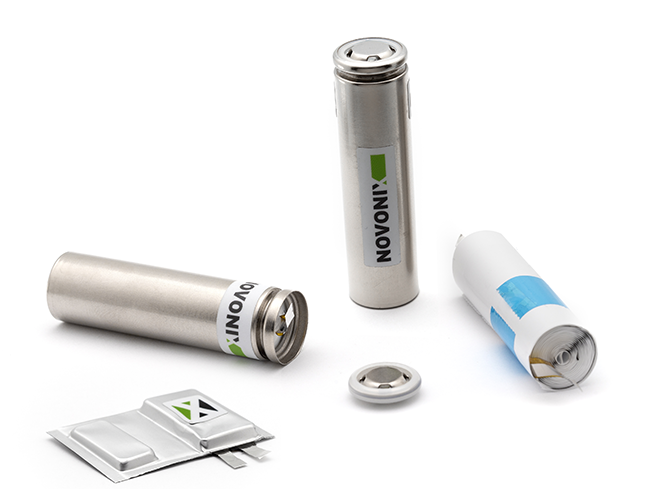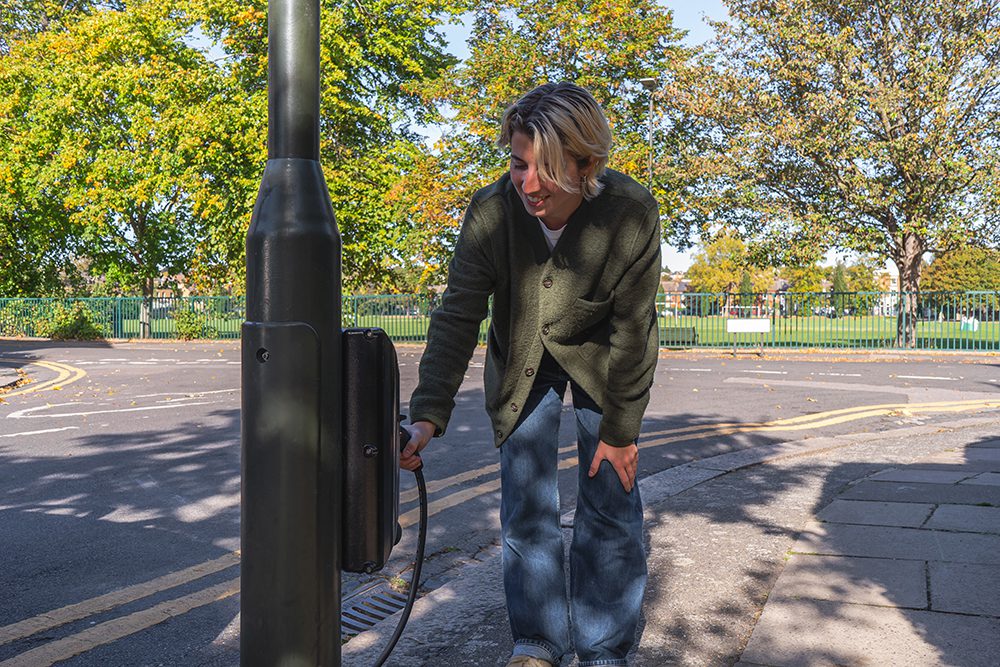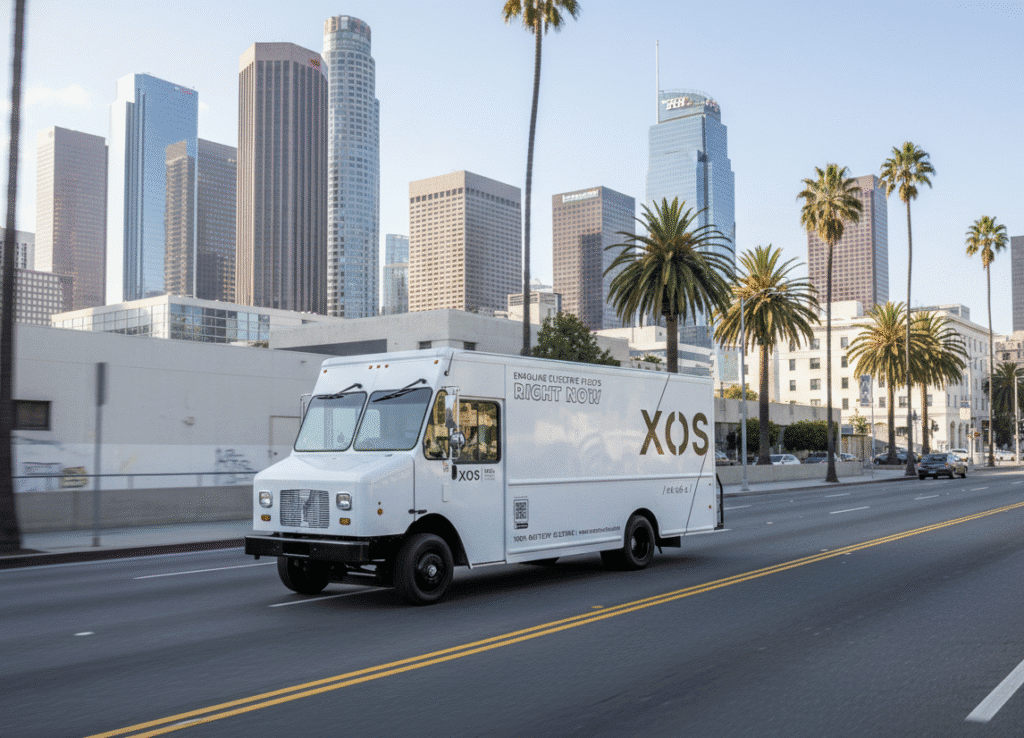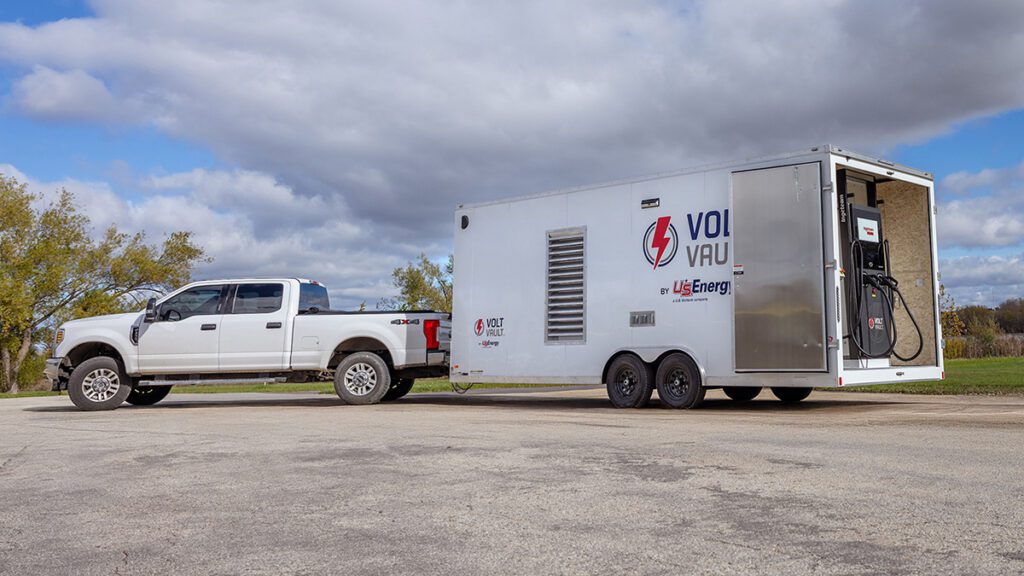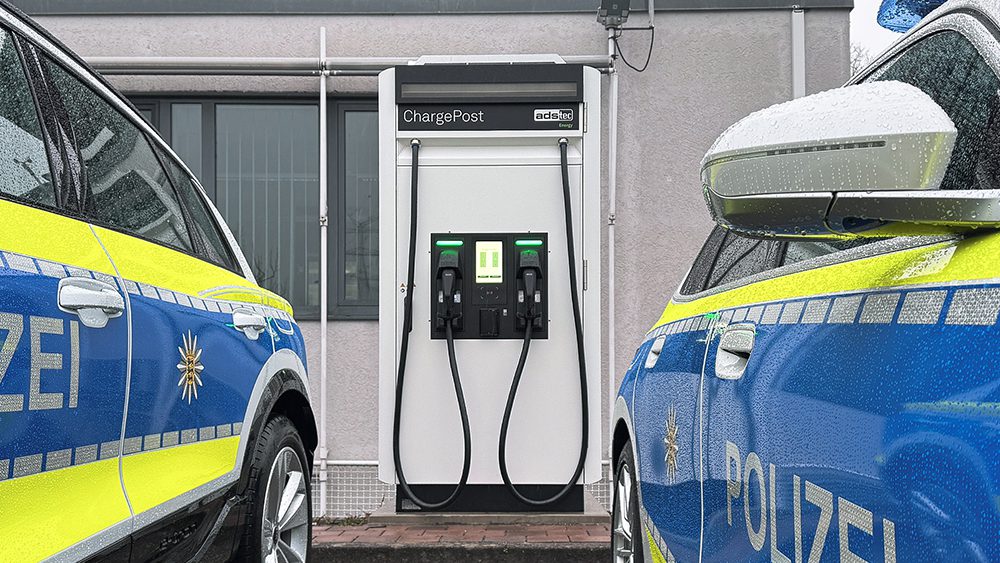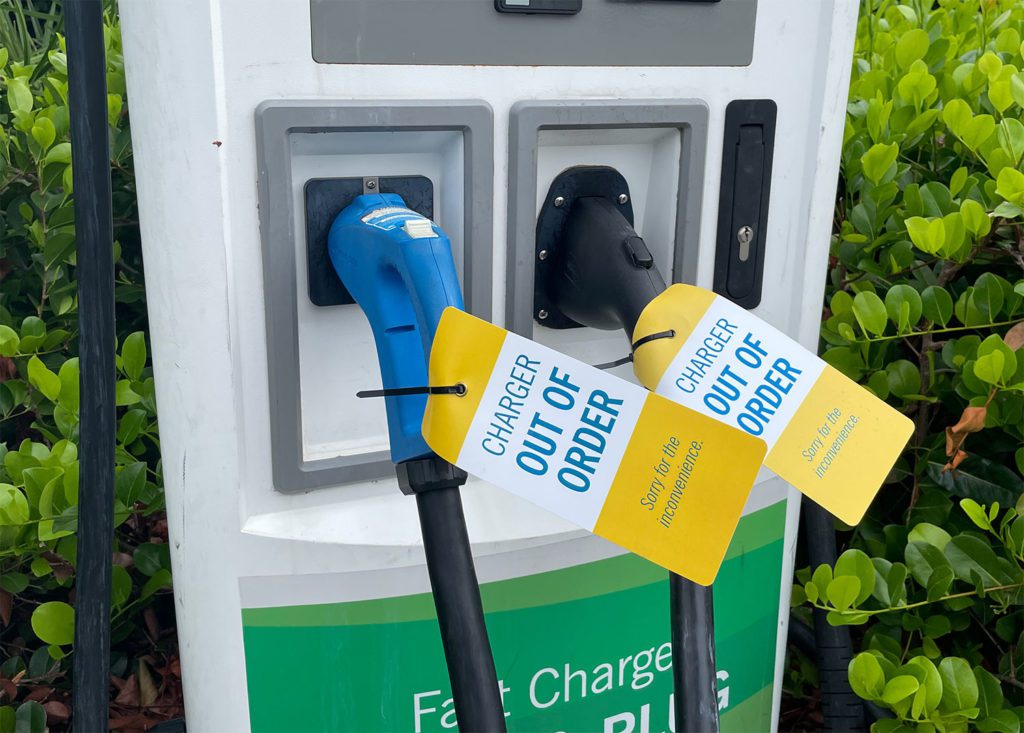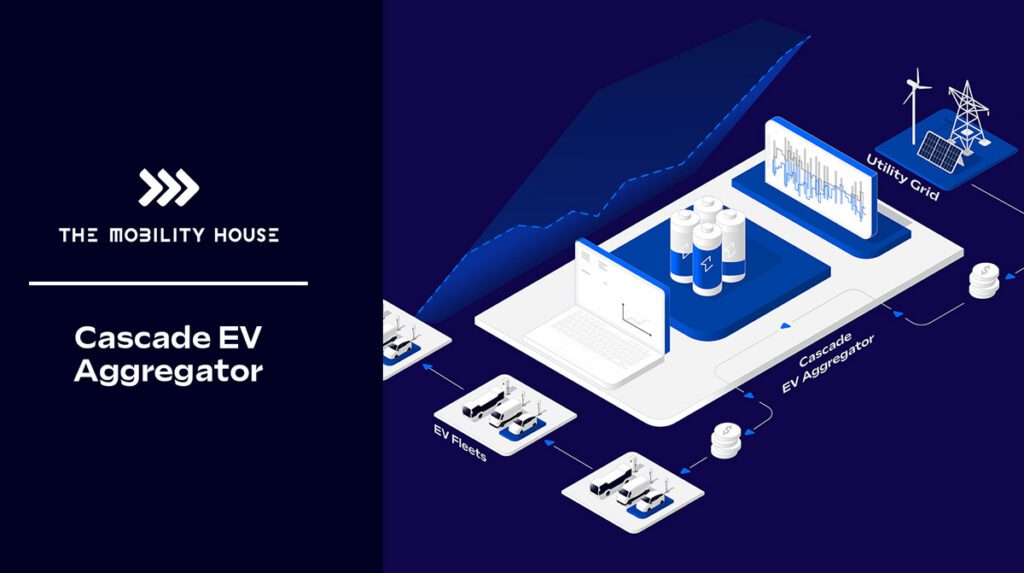Analysts with the International Council on Clean Transportation (ICCT) recently compared greenhouse gas (GHG) emissions of electric cars to emissions from cars equipped with combustion engines.
The findings were not surprising.
Among other things, the ICCT analysis indicated that the typical EV produces 50 percent fewer GHG emissions than the average passenger car in Europe. What’s more, the ICCT analysis found electric cars in Europe were nearly 30 percent cleaner over their lifetime versus cars with combustion engines.
“In markets with very low-carbon electricity, such as Norway or France, electric vehicles produce less than a third of the life-cycle emissions of an average combustion-engine vehicle,” the report stated. The finding, ICCT said, “bolsters governments’ goals to promote electric cars as part of their decarbonization strategies.”
The analysis also showed that emissions produced during the manufacturing of an EV are paid off after just two years. That number drops to one and a half years if the car is charged primarily with renewable power. Also, about half of a battery’s emissions stem from the production of electricity used during the manufacturing process. Emissions from the manufacture of a battery were similar to emissions produced during the manufacture of a combustion engine, the analysis found.
The increased use of cleaner electricity in Europe means emissions from battery manufacturing will likely drop significantly in coming decades. “A 30-percent decrease in grid carbon intensity would reduce emissions from the battery production chain by about 17 percent,” according to ICCT.
The analysis concluded that it would be problematic to incorporate manufacturing emissions into regulations governing the emissions output of EVs. To avoid unfairly penalizing EVs, such a policy should include manufacturing emissions for all vehicle components.
“Slowing down electric vehicle uptake to wait for a near-zero-emission grid would be incompatible with global goals to decarbonize the transport sector by 2050,” ICCT analysts concluded.
Source: ICCT







